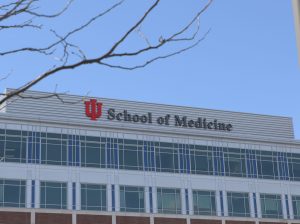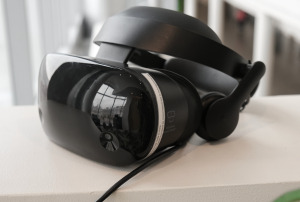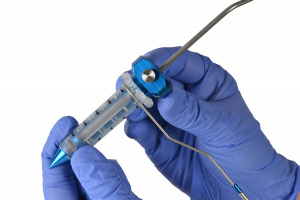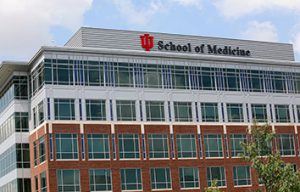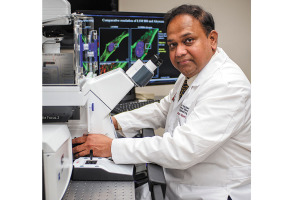
Former top IU med school researcher says why he left
The IU School of Medicine scored a major coup five years ago when it recruited one of the nation’s top experts in the fast-growing field of regenerative medicine. But the University of Pittsburgh recruited him away this spring.



